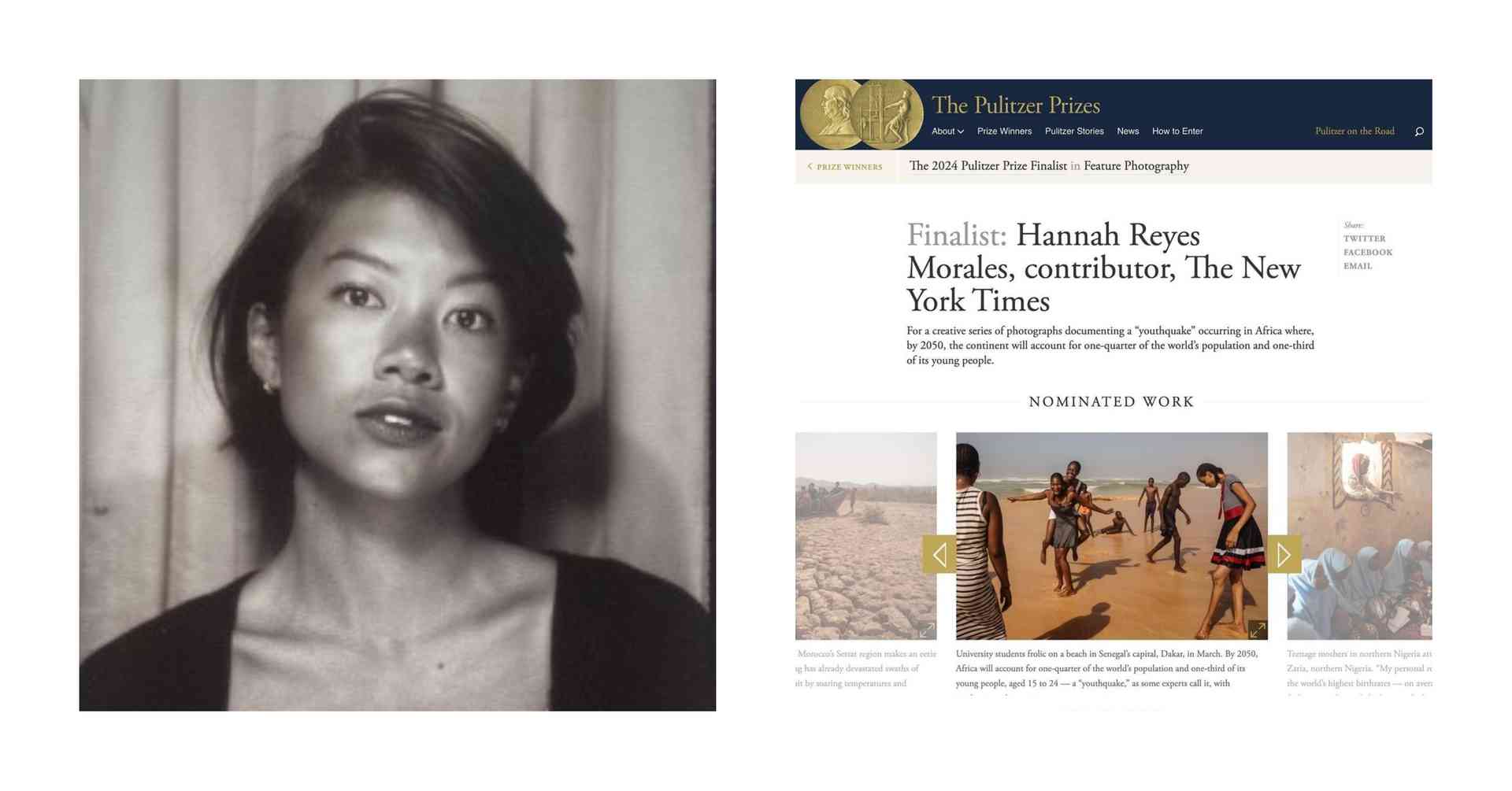

By Joseph Ax
(Reuters) -Reuters won two Pulitzer Prizes on Monday, taking home the breaking news photography award for searing images of the Israel-Gaza conflict as well as the national reporting award for a series of investigations into Elon Musk's manufacturing empire.
ProPublica won the coveted public service award for stories detailing undisclosed gifts and trips that U.S. Supreme Court justices, particularly Clarence Thomas, accepted from wealthy donors. The New York Times and the Washington Post each captured three prizes.
The annual Pulitzers, first presented in 1917, are the most prestigious honors in U.S. journalism.
Reuters photographers - often working at great risk to their personal safety - produced what the Pulitzer jurors called "raw and urgent" images documenting the early days of the war between Israel and Hamas, which began with the militant group's early-morning Oct. 7 attack in Israel that killed 1,200 people.
Since then, Israel's retaliatory offensive in the Gaza Strip has killed more than 34,000 people, including many children, and displaced the majority of its 2.3 million residents. Nearly half of the population is suffering catastrophic levels of hunger, according to the World Food Programme.
The winning photos include an image taken in October by Reuters photographer Mohammed Salem, depicting a Palestinian woman cradling the body of her 5-year-old niece in Gaza. That photograph previously won the prestigious 2024 World Press Photo of the Year.
Reuters' Musk series, "The Musk Industrial Complex," revealed a spate of worker injuries and one death at Musk's rocket company SpaceX and the mistreatment of animals at his brain-implant company, Neuralink.
In addition, Reuters found that electric car pioneer Tesla covered up dangerous defects, rigged its cars' dashboard driving-range estimates and shared sensitive images recorded by its vehicles without drivers' knowledge. The series prompted investigations in the U.S. and Europe and calls for action from U.S. lawmakers.
Reuters shared the national reporting prize with the Washington Post, which won for its examination of the AR-15 rifle and its role in U.S. gun violence.
"These Pulitzer recognitions showcase some of Reuters' greatest strengths – urgent, expert, on-the-ground coverage of historic world events as they unfold, and dogged, revelatory and agenda-setting business journalism that serves our global audience and the public interest," Reuters Editor-in-Chief Alessandra Galloni said.
She noted that many of the winning photographers risked their lives and had lost their homes, friends and relatives during the violence. Issam Abdullah, a Reuters visuals journalist, was killed by an Israeli tank in October while filming shelling at the Lebanon-Israel border.
In addition to Salem, the Pulitzer photography team included staff photographers Ahmed Zakot, Amir Cohen, Ammar Awad, Evelyn Hockstein, Anas al-Shareef, Ibraheem Abu Mustafa and Ronen Zvulun, and freelance journalist Yasser Qudih.
Marisa Taylor, Steve Stecklow, Norihiko Shirouzu, Hyunjoo Jin, Rachael Levy, Kevin Krolicki, Marie Mannes, Waylon Cunningham and Koh Gui Qing produced the Musk series.
"Our winning work exemplifies why journalism is so vital to informing the public and holding power to account," Reuters President Paul Bascobert said.
The Times won the international reporting prize for its coverage of the Israel-Gaza conflict, while the newspaper's Hannah Dreier was awarded the investigative reporting prize - her second Pulitzer - for exposing the use of migrant child labor in the U.S.
The Associated Press won for feature photography for its coverage of migrants trekking from Latin America to the U.S.
Lookout Santa Cruz, a digital-only local news outlet, won the breaking news reporting prize for its coverage of catastrophic flooding that struck California in January 2023.
The prizes are administered by Columbia University. They are named for newspaper publisher Joseph Pulitzer, who died in 1911 and left money to create the awards and establish a journalism school at the university.
(Reporting by Joseph Ax and Eric Beech; Additional reporting by Rich McKay; Editing by Frank McGurty and Bill Berkrot)




